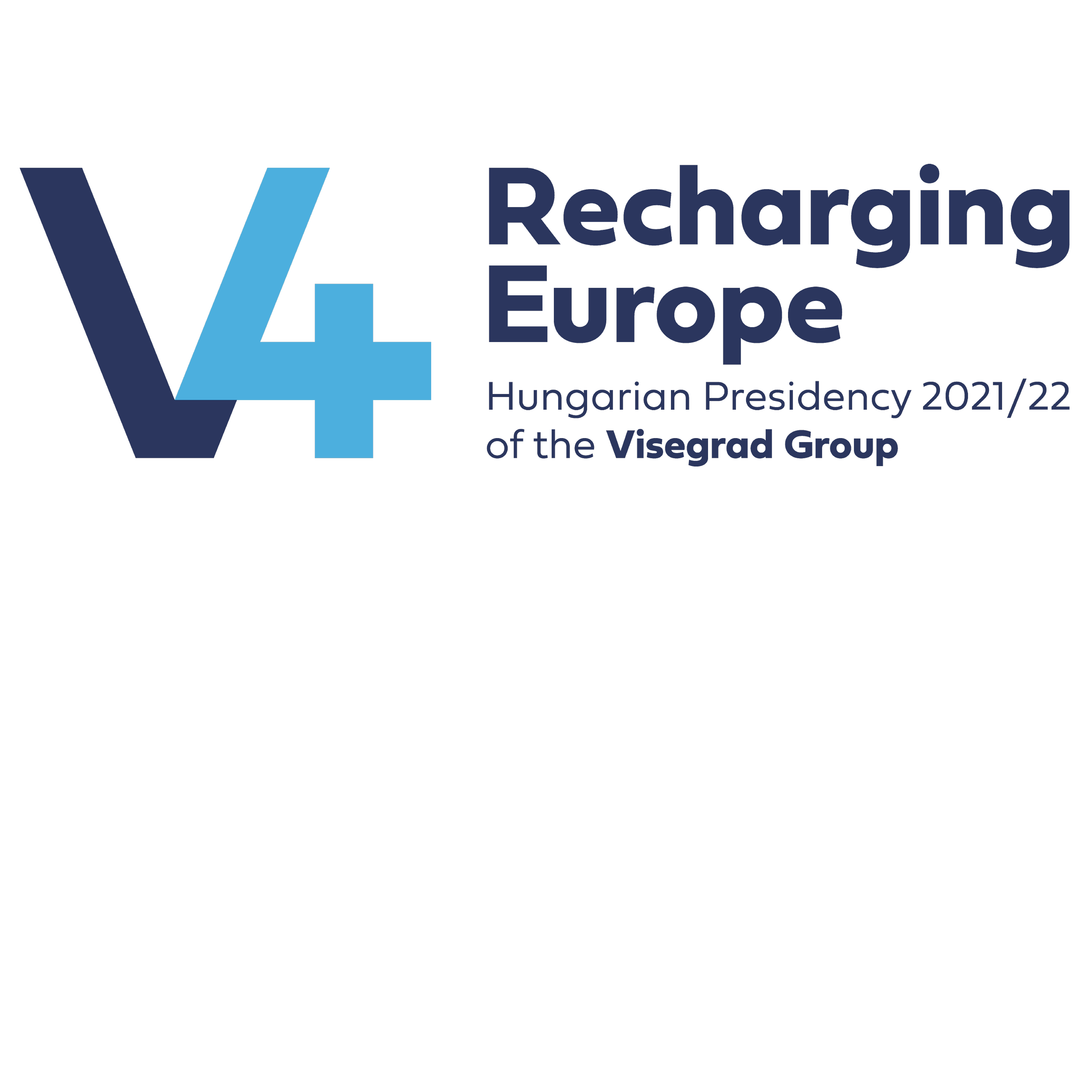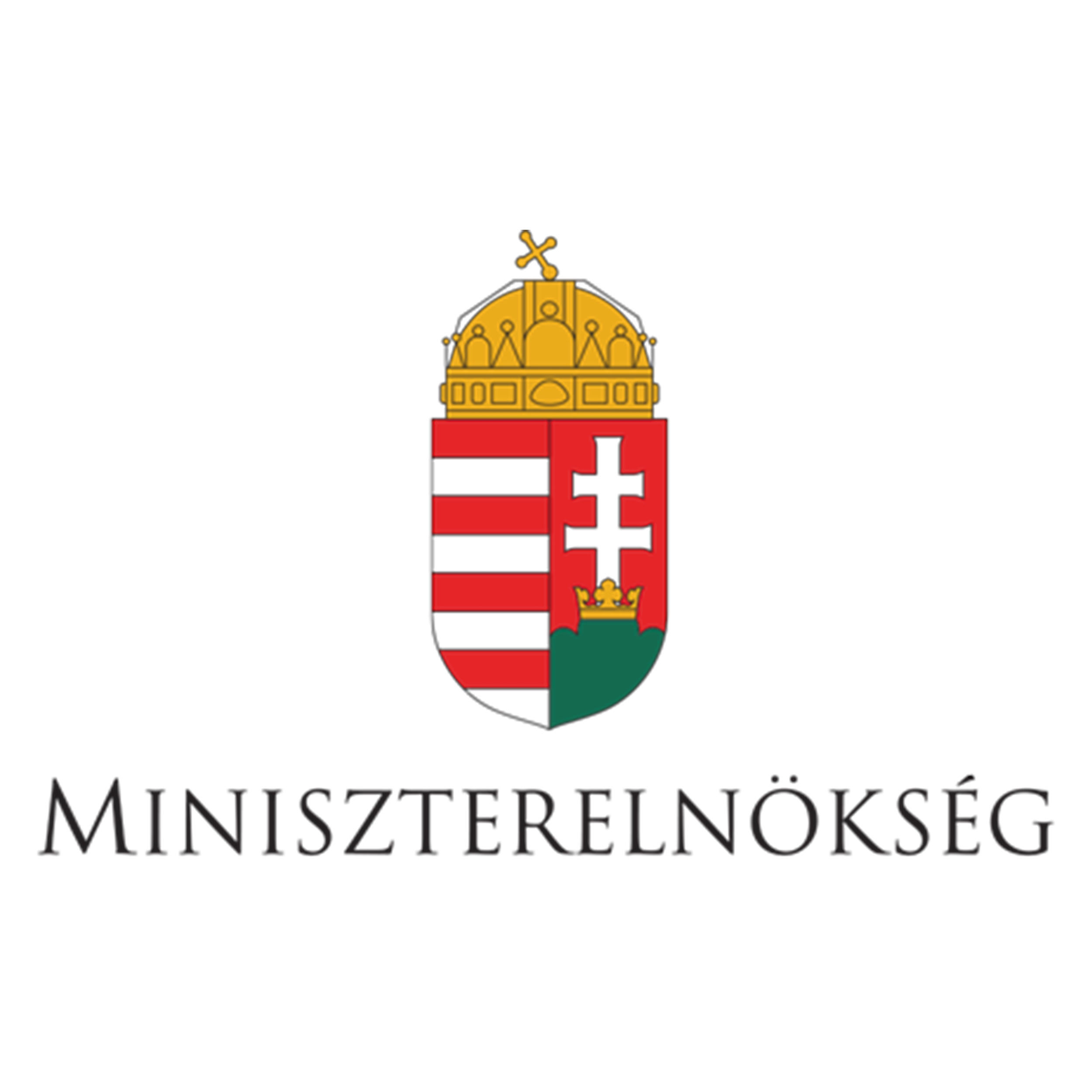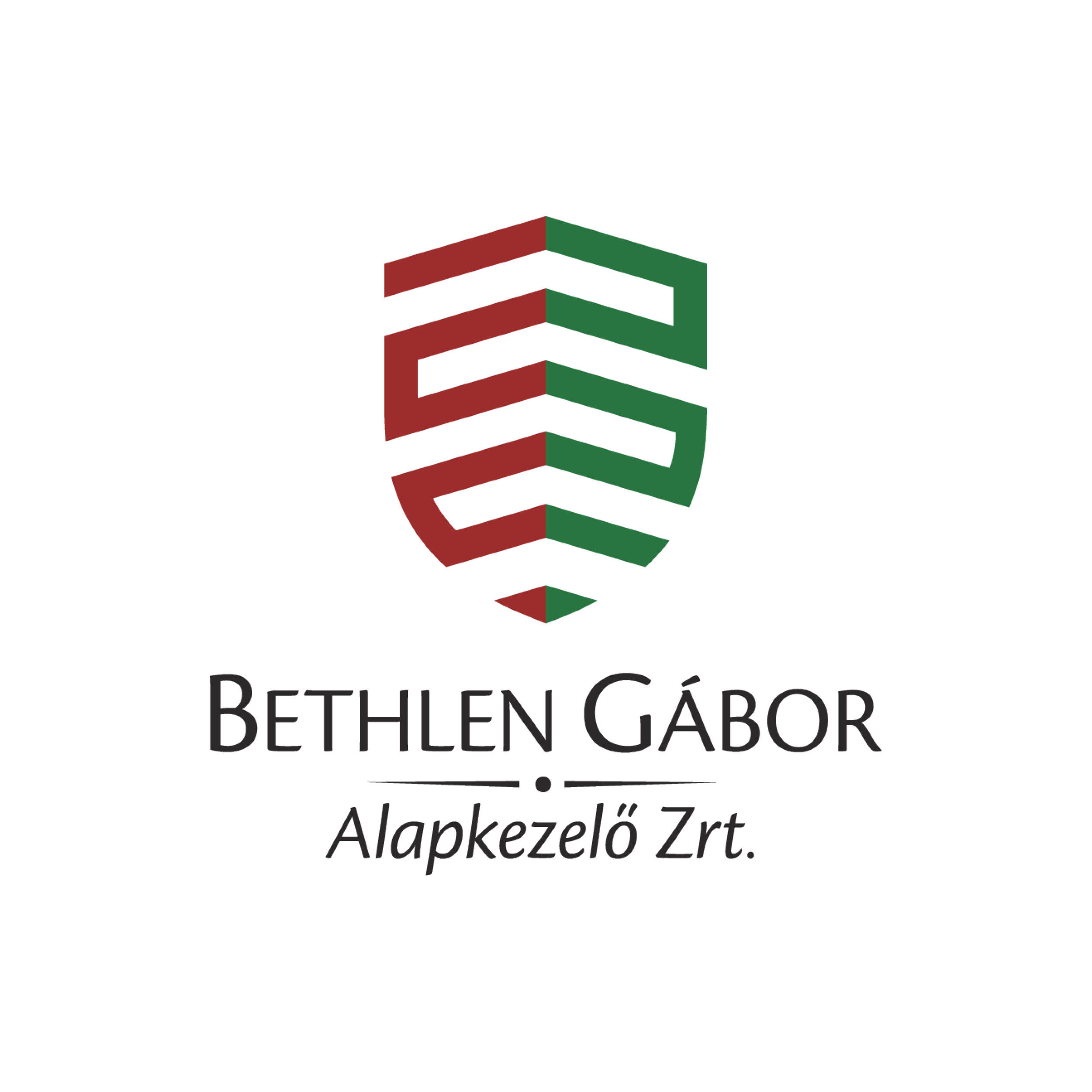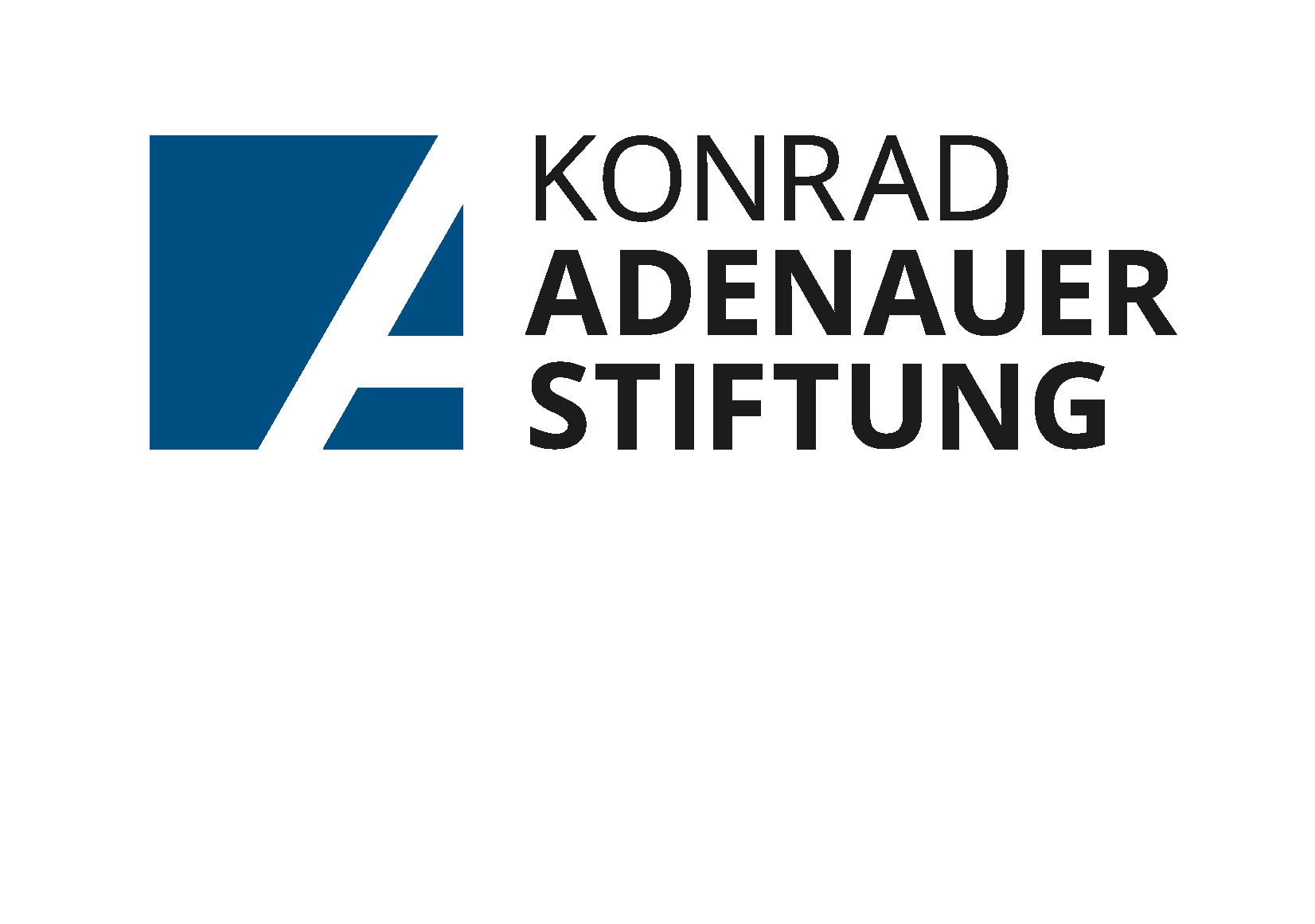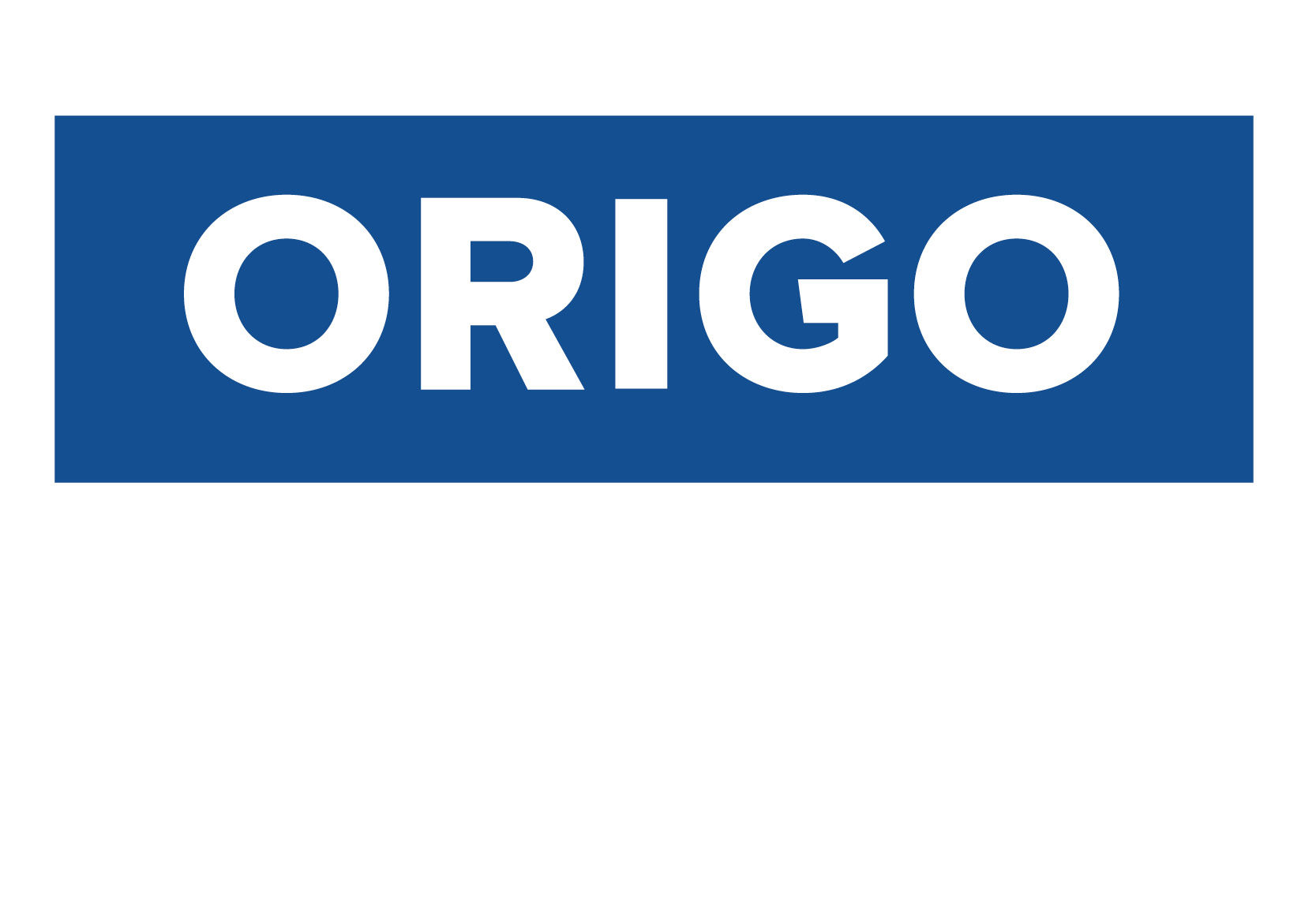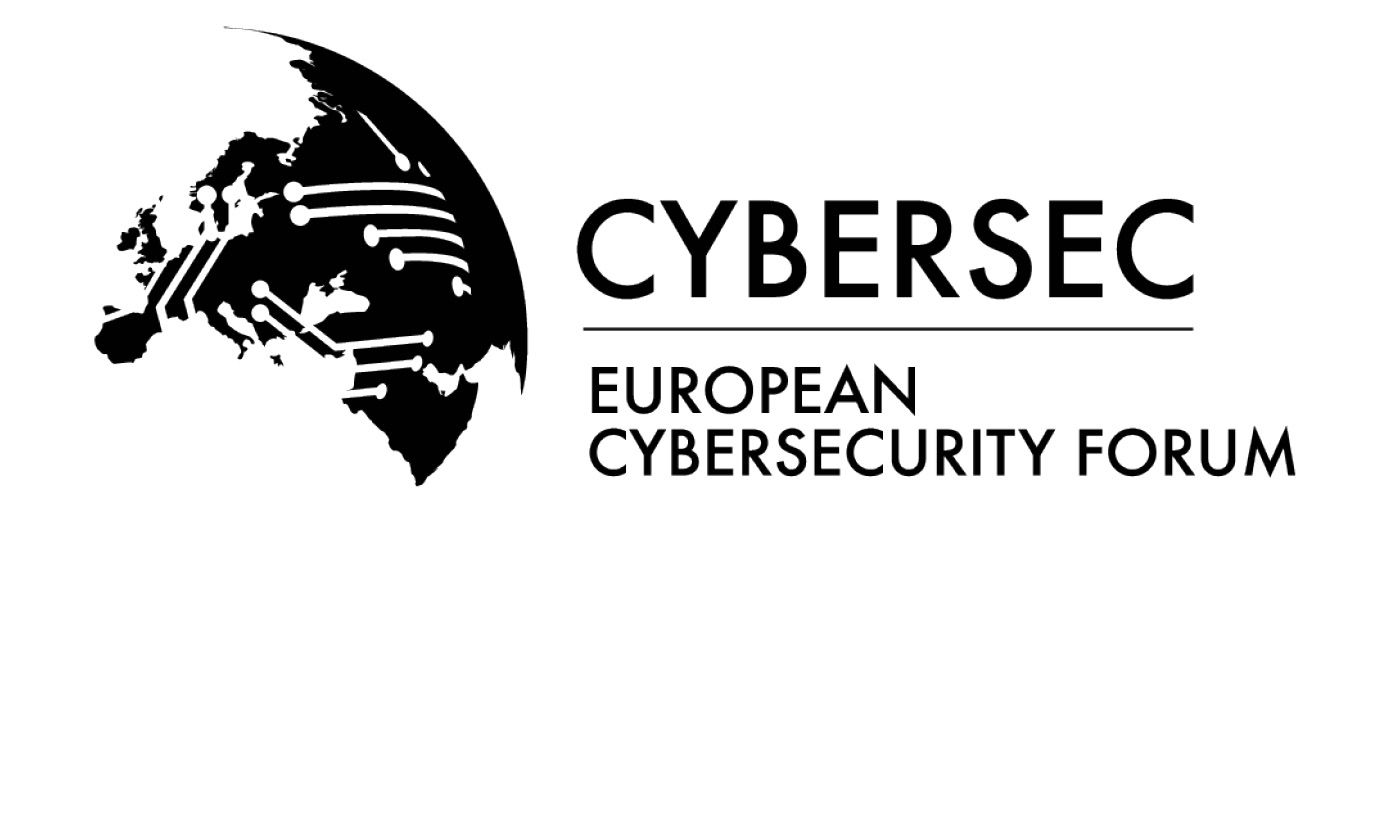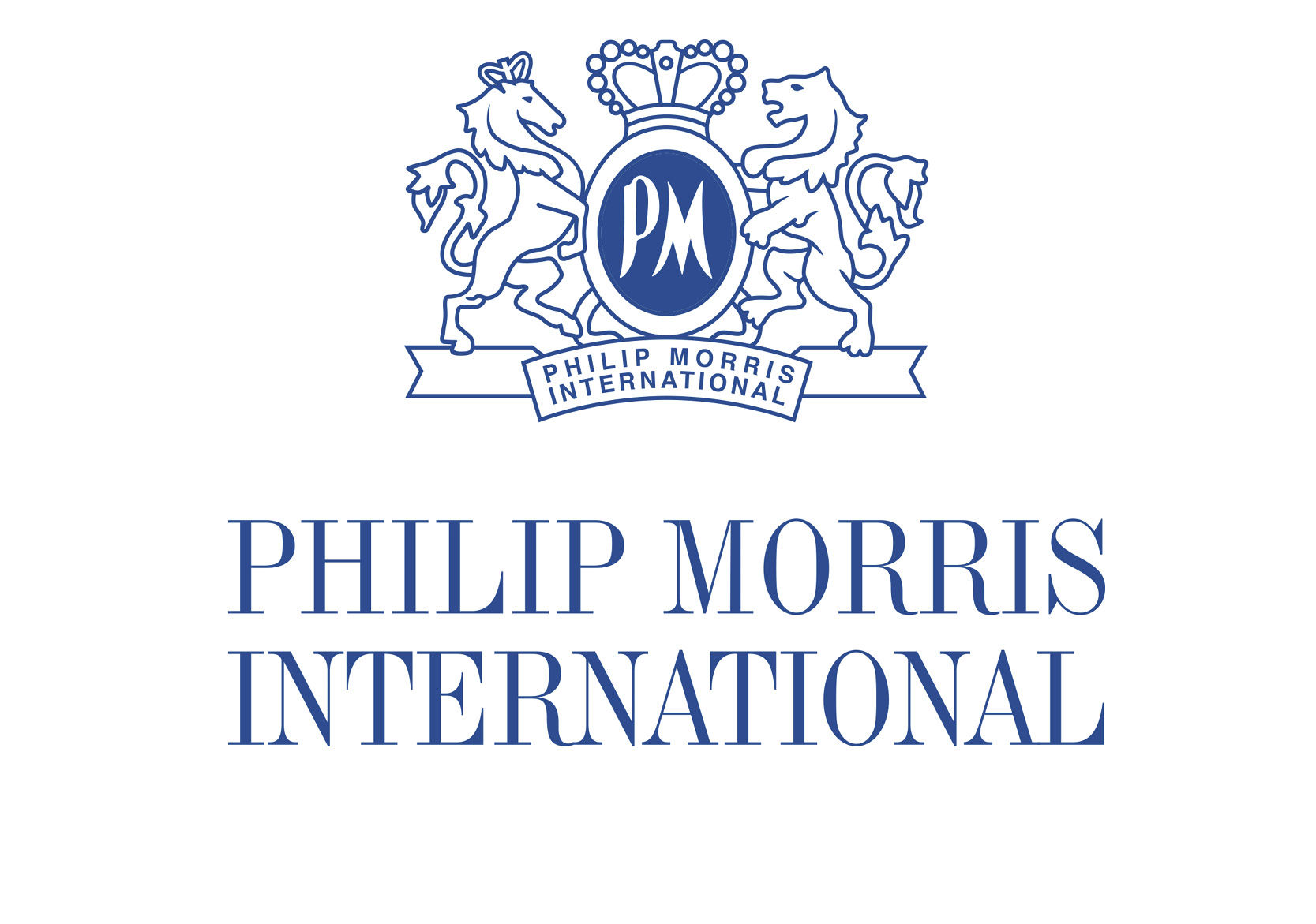2020 Event
The fifth edition of think.BDPST–Connect to the future strategic conference was held for the first time in a hybrid format in 2020 due to the pandemic situation in Hungary, as well as worldwide. As in previous years, the 2020 conference was also organised in collaboration with the Hungarian Ministry of Foreign Affairs and Trade, and supported by the International Visegrad Fund, MVM, and Hungarian lottery company Szerencsejáték Zrt. This year’s conference also had a professional and a media partner, the European Cybersecurity Forum and Origo, respectively.
Thanks to the hybrid format, the audience not only could follow the speeches and panel discussions on-site, but also through a conference platform, specifically created for this purpose. As a result, 100 invited VIP guests could attend the event at Kempinski Hotel Corvinus, moreover, more than 300 viewers could join the online stream from all over the world, from Singapore through Budapest to Brussels.

In 2020, the conference aimed to give an overall view regarding the topics of regulation and innovation. The renowned experts managed to shed light on these topics from different angles. The two opening speeches were delivered by Tamás Vargha, State Secretary for Civilian Intelligence Services in the Ministry of Foreign Affairs and Trade, and Veronika Antall-Horváth, Deputy Director of the Antall József Knowledge Centre. They both emphasised the important role innovation has to play especially amid the many insecurities this current pandemic has been causing.
The main subject of the moderated discussion with Judit Varga, Minister of Justice of Hungary, focused on the question of big-tech regulation. The minster underlined that the main challenge is to enforce the rule of law in the online space, besides implementing child protection measures and guaranteeing the freedom of speech as these do not exclusively exist in the virtual space. According to Minister Varga, the real purpose of regulation should be to guarantee the rule of law not to censure tech companies.
Following the discussion Christian d’Cunha, cyber security expert at the European Commission, delivered his keynote speech. As he said the pandemic proved to be an excellent example showing people they have to trust technology, even more so as technological innovations such as artificial intelligence or 5G will certainly play an ever greater role in forming our future.
The first panel discussion exploring the future of education was moderated by Tibor Prievara, co-founder of ‘tanárblog.’ Speakers Andrej Bederka, expert at the Slovak National Coalition for Digital Skills and Jobs, and Andreas Riepl, head of the National Competence Centre on eEduaction of Austria, both agreed on two basic factors that are needed for digitalised education: the first is a solid technological background, the second is internet connection established even in the most remote communities. These are the conditions of a faster and simpler adaptation process. Furthermore, they also stressed the importance of creating online platforms suitable for digitalised education, after that during the first wave of the pandemic several teachers chose platforms in order to reach all of their students that were not in full compliance with the data protection regulations in effect. Founder of ‘Tanárblog’, Gergő Nádori added that it would be crucial to provide teachers the necessary training so that the educational system could meet the aforementioned criteria. Gábor Varga from Microsoft Hungary, on the other hand, believes that the pandemic situation has prompted us to try to better understand the organisational aspects of education, an essential premise to a more efficient decision-making process in the future.
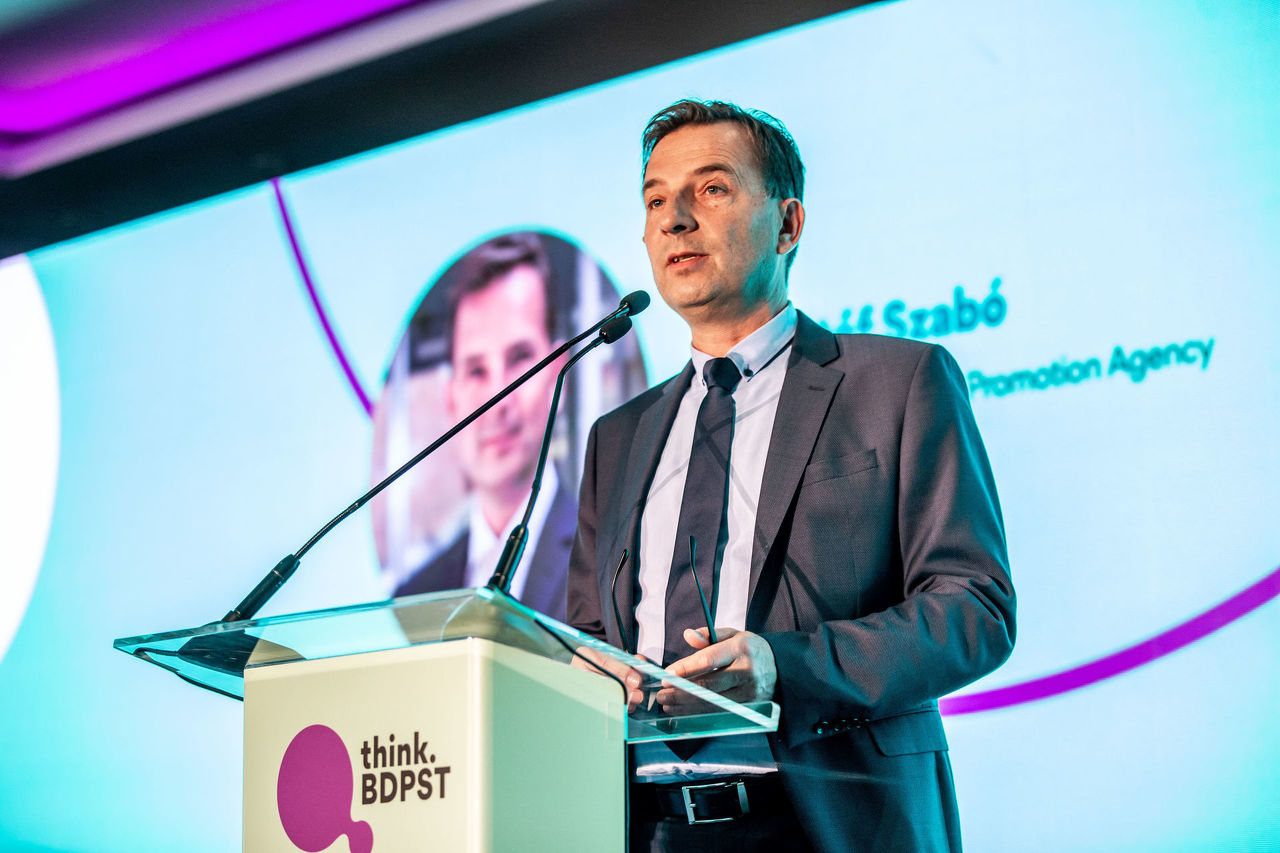
Kristóf Szabó, recently appointed CEO of the Hungarian Export Promotion Agency, in his keynote speech affirmed that there are already visible effects of the pandemic on exports. While sectors such as tourism and services were damaged during the past few moths, fortunately there are other sectors especially in the field of digitalisation and telecommunication that show significant growth. Mr Szabó told the audience that in future the indispensable export-promotion expos will most probably have to be transferred to the online space.
During the next panel discussion dealing with the question of data protection, Dr Attila Péterfalvi, President of the Hungarian National Authority for Data Protection and Freedom of Information, touched upon the importance of respecting GDPR when introducing and using new technologies. In relation to this the main issue according to Wojciech Wiewiórowski, European Data Protection Supervisor, is to make sure that when it comes to applications used in the fight against the pandemic or the use of technologies based on artificial intelligence, companies can only collect, generate and use data that is absolutely needed for their activity.
The third panel discussion featured speakers discussing big tech regulation. They stressed the importance of having a scientific approach in the background of regulation. Moira Gilchrist, Vice-President of Phillip Morris International responsible for Strategic and Scientific Communications, and Joerg Bauer, President and CEO of Tungsram Group, both highlighted that regulators must understand the science behind innovation in order to make sure that every new piece of regulation is based on research. In the view of István Csatári, founder of Hello Tomorrow Hungary, we cannot let halting or hampering global enterprises become our main goal. Instead, we should try and prompt them adapt to the rules of consumer protection, and make sure their activity is in line with the legal frame tailored specifically for them.
Finally, the speakers of the last panel discussion addressed concerns about the present and the future of 5G. The Director of Public Affairs and Communication of Huawei Technologies Hungary, Mariann Gecse underlined in her statement that people should understand that 5G technologies will not directly affect individual lifestyles, but more importantly it will bring enormous changes in the field of industrial development. László Jobbágy, Director of the Digital Success Program, drew attention to the many smart solutions that we will be able to introduce to our lives thanks to 5G. These can vary from smart homes to smart cars, moreover 5G can help in simplifying the use of our devices and contributing to the application of more environmentally friendly solutions. According to Barbara Sztokfisz, Cybersec Program director at the Polish Kosciuszko Institute, instead of listening to the accusations and fears around 5G we should remember that it cannot be installed overnight. This long process therefore will allow us to examine all the positive and negative consequences of this technology.
